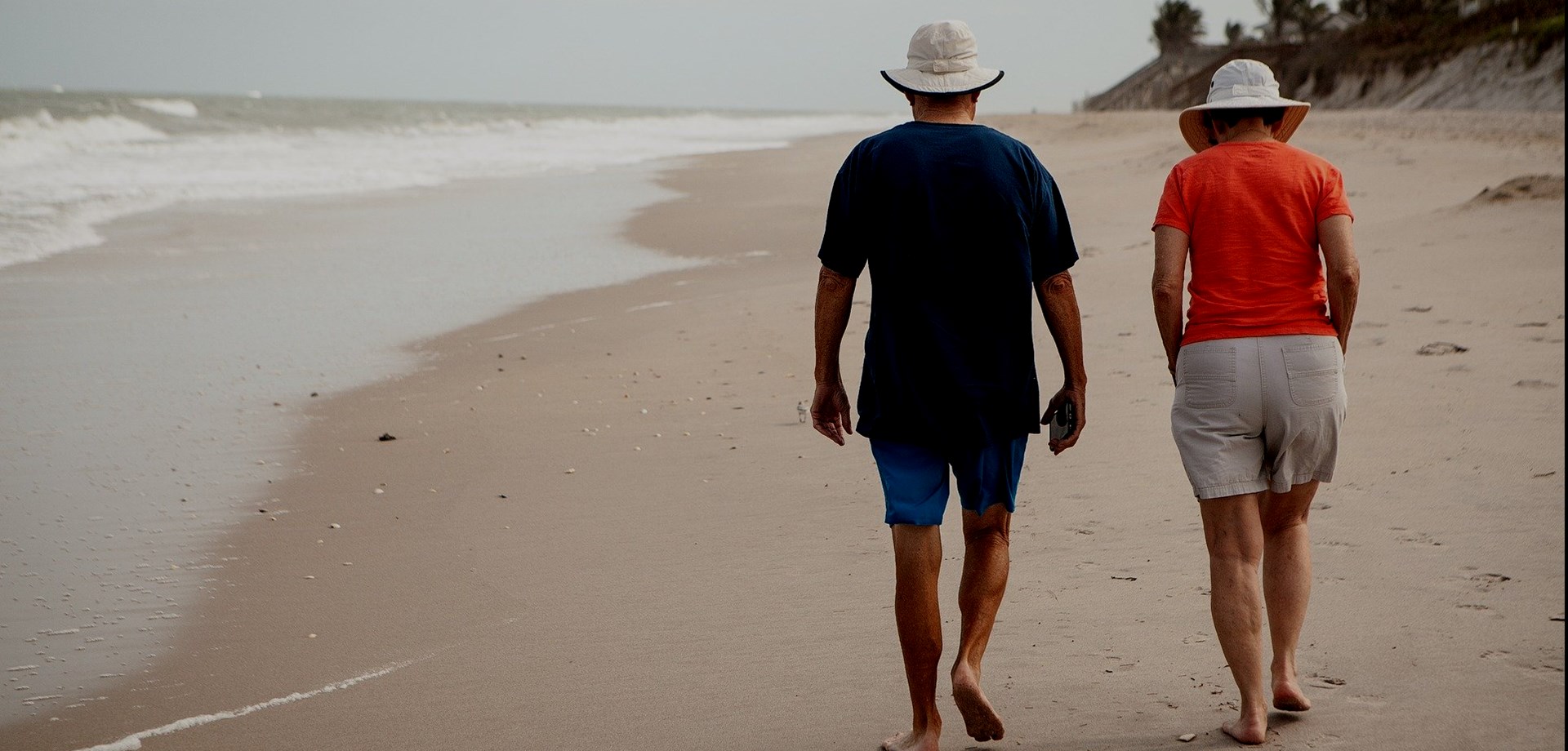- Home
- About us
- Properties
-
Finance & Law
- Main advantages of acquiring off-plan properties
- Where do foreign buyers buy in Portugal?
- Why do French buyers choose Portugal?
- Recognition of signatures in the promissory contract for the purchase and sale of real estate
- 7 compelling reasons to consider buying a property in Portugal in 2025
- Rural or urban properties: which is the best choice for you?
- The impact of location on the value of a property
- Renovating historic homes in Portugal
- What is a smart home?
- What is the new NHR 2.0 Program or IFICI?
- The right of first refusal can be exercised in the purchase or sale of a particular property
- Everything you need to know about the condominium law
- Is Portugal expensive in terms of food and drink?
- European Health Insurance Card
- Where to buy your property in Lisbon ?
- Buying land to build on can be an alternative to buying a house
- If you are considering investing in resort properties?
- Non-Habitual Resident Status (NHR 2.0) in Portugal in 2025
- How to Find Your Dream Home: A Step-by-Step Guide
- In the area of real estate investment, new construction is always compared with older properties
- Practical guide to sharing assets in inheritance
- What is an Undivided Inheritance? Know all
- Why British and American expats are choosing Portugal ?
- Buying a new property in a new development in Portugal
- How can I visit the property I like?
- What is the difference between an ordinary residential building and a tourist building?
- Moving to Portugal? Here are some helpful tips from a fellow expat
- How the French Embassy in Portugal can help you
- Information for British citizens moving to or living in Portugal
- What French associations in Portugal are there?
- Portugal or Spain? Compare which country is better for expats to live in
- Divorce and home loans: what to do
- Healthcare for UK nationals living in Portugal
- Living abroad as a senior: where to go and how to do it
- Seniors Living Abroad – Top 3 Tips for Living Comfortably Outside the United States
- Buying a property in Portugal
- Cost of living in Portugal versus the USA
- Return to Portugal through the RNH Regime for Emigrants
- What are the best international schools in the Algarve?
- Top Tips for Buying Luxury Property Abroad
- Do you want to buy property in Portugal? Discover the essential documents for home loans for foreigners.
- Portugal Expats Healthcare
- Why Portugal?
- Investing in resort property
- Is Portugal LGBT Friendly?
- Where to Buy Property in Portugal
- Buying a property in Portugal
- Spain, Italy or Portugal: Where should you retire?
- Legal Support - recommend hiring a Lawyer
- Opening a bank account with a Portuguese bank
- Are you ready to live in one of the best golf resorts in Portugal?
- If you come to live or want to invest, Taxes in Portugal ?
- The Tax Representative - Non-resident citizens in Portugal
- Portugal with 5th most powerful passport
- If you’re a UK national living in or thinking about moving to Portugal
- Real estate agents: Main functions
- 2023 Cost of living in Portugal: An overview of how much it costs to live in Portugal
- Buying a house in Portugal can be a wonderful dream
- Retire in Portugal: The best regions and towns for retirees
- There are more than 40,000 French people living in Portugal
- French community in the Algarve
- British in Portugal
- International schools in Portugal
- Invest safely and with a guaranteed minimum return of 5.0%
- Tax Treaty between France and Portugal:
- Pensions in Portugal
- Portugal, your new home
- Co-Ownership - Four Owners Plan
- I want to live in Portugal, but I know that there are several types of visas. Which one is right for me?
- D3 visa, for highly qualified professionals
- Visa D7 is intended for foreign nationals who are not nationals of EU Member States, the European Economic Area and Switzerland
- Portugal - Competitive real estate sector
- In the area of taxation, keep in mind the relevant information about property taxes
- The acquisition of property in Portugal
- Acquisition of a house in tourist developments
- Who can exchange a foreign driving licence for a portuguese driving licence?
- British in Portugal
- Lifestyle
- Contact us
- (0)
- (2)
What if your new home arrives by email? Subscribe to our Newsletter

Visa D7 is intended for foreign nationals who are not nationals of EU Member States, the European Economic Area and Switzerland

According to Forbes, Portugal is the best country in the world to live in. The reasons?
Among dozens of positive factors, safety, low cost of living, climate, the most beautiful beaches, culture and gastronomy stand out. Portugal is, therefore, one of the countries that offers the best conditions to enjoy a peaceful retirement or take advantage of other passive income resources without waiting for retirement. Added to all this is the ease of obtaining a visa.
The D7 Visa is intended for all foreign citizens, non-nationals of the EU Member States, the European Economic Area and Switzerland, who wish to reside in Portugal as retirees or live off their income.
Who can apply for the D7 Visa?
This can be granted to any non-EU/EEA/Swiss citizen who has a regular passive income.
This income can be from retirement, or another source of passive income either through intellectual property, real estate investments, or financial investments.
One of the main requirements is to prove that you have the minimum income, according to Portuguese law, which allows you to reside in Portugal for a period of not less than 12 months.
Let's see: the applicant has to prove an annual income of €820 x 12 months (2024) per year, plus 50% of said income for the spouse and 30% for each dependent child. You must also have documentary proof of having accommodation in Portugal (owning a property or having a lease agreement). And possess documentary evidence of having a reasonable net regular passive income (pensions, dividends, rents, and more).
How does the procedure work?
There are only two phases: the first at the Portuguese Consulate or Embassy in the country where the applicant lives or has official residence, and the second at the Foreigners and Borders Service (SEF) in Portugal.
What are some of the main benefits of the D7 Visa in Portugal?
- It allows you to enter and travel in the Schengen area without a visa.
- It allows you to obtain a residence permit in Portugal for one year. After that, you can extend it every two years.
- After five years of legal residency, you can apply for a permanent residence permit or you can also apply for Portuguese citizenship by naturalization, as long as you pass a Portuguese language test favorably.
As a resident, Portuguese will I have access to health services or other rights?
After becoming a resident in Portugal, you acquire the right to certain benefits from the State:
- Family reunification;
- Access to the National Health Service;
- Self-employed professional activity;
- Access to and protection of Portuguese law and legal system;
- Access to the National Service of Education and schooling in Portugal;
- Once you have the D7 visa, your family will be able to accompany you in Portugal;
The content of this information does not constitute legal advice and should not be relied upon as such. Specific advice should be sought on the concrete circumstances of the case. If you have any questions about a Portuguese law issue, please do not hesitate to contact Specialist Lawyer Services

